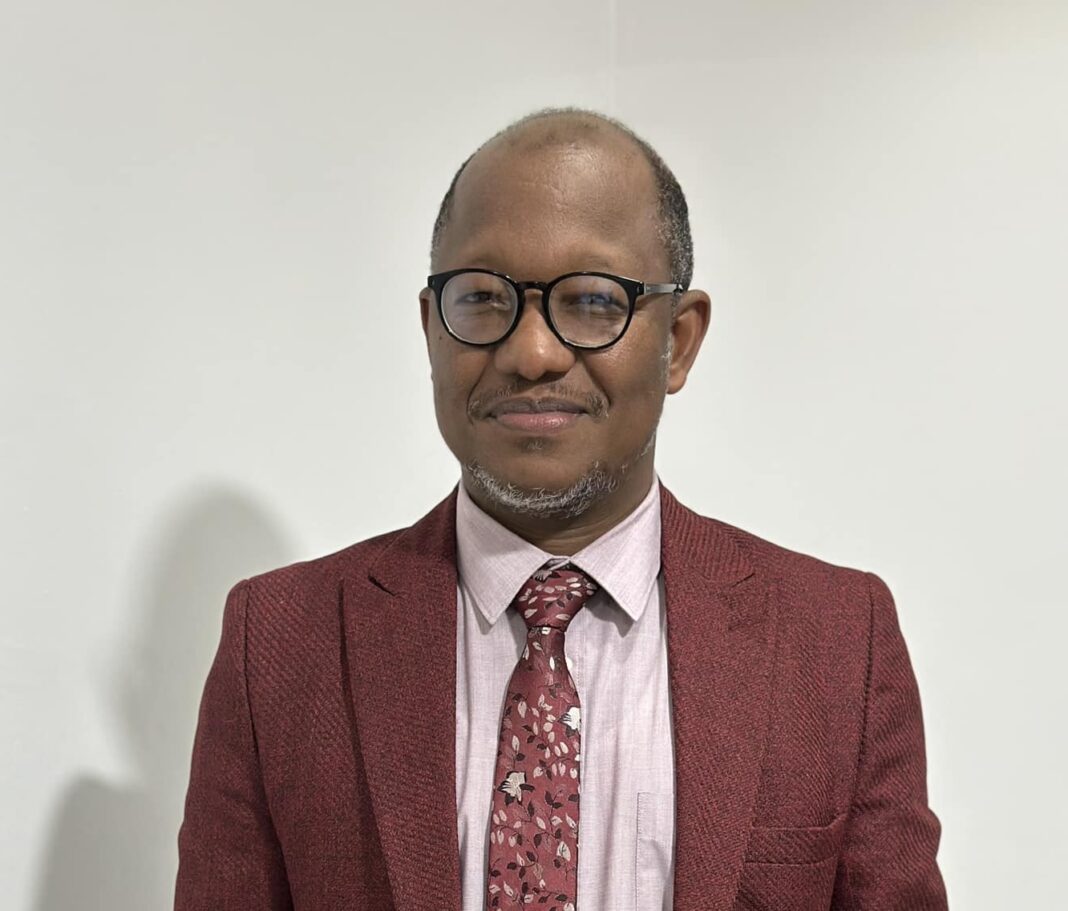During my undergraduate years in the 90s, I spent countless hours offering private lessons to the children of the affluent in Kano, especially within the Lebanese community around Bompai.
What began as a modest hustle blossomed into a wide-reaching network of tutors that spanned the city. That was just within the realm of teaching.
But as a son of Kano, my connection to the city runs far deeper. I’ve walked its pulse-literally. I would trek from BUK to Bata, soaking in the rhythm of life on every street.
I once lived in Kabara, where I was fully immersed in the city’s rich traditions, especially during the annual Durbar festivities at the house of my late uncle, who was the then Sakin Hawa of Sarkin Kano.
I watched Kano expand before my eyes.
I spent countless evenings at Plaza Cinema and served as a census enumeration officer, counting the people of Tudun Nupawa, Marmara, and Soron Dinki.
I travelled across the state — from Albasu to Zakirai — witnessing its cultural and economic breadth.
I’ve seen immigrants from across the Sahel flock to this city, drawn by its promise of life and trade.
My own town of birth, Kura — a local government in the state — is now home to some of the largest rice production and processing clusters in Africa, a true testament to Kano’s agricultural prowess and enduring relevance in food systems development.
I frequented Kofar Ruwa market, where my father’s spare parts shops were located, and where I regularly interacted with Igbo traders from across Nigeria.
I was creditworthy to the newspaper vendor at Bata and the Tuwo seller near a filling station in Kabuga.
Life in Kano was textured and vibrant.
As university students, we attended musical concerts at Alliance Française and danced the night away at Disco J.
As secondary school students, we debated fiercely and won inter-secondary school quizzes and competitions, sharpening minds and building futures.
Almost every doctor, engineer, pharmacist, or scientist from Kano passed through one of our renowned science secondary schools — many of them going on to set records on both national and global stages.
Kano is not just a city. It is a living legacy. It pulses with innovation and enterprise. From agriculture to industrial production, logistics to sustainable manufacturing, food and nutrition to textiles and services, Kano is a mosaic of possibilities.
Here, livelihoods are not stumbled upon-they are forged with creativity and intent.
In this city, it’s nearly impossible not to find a means of sustenance. Kano is, indeed, abundance in motion.
Our story is not a modern miracle. Our industries and institutions are rooted in antiquity, stretching back thousands of years.
Perhaps that is why Kano is so often misunderstood — and even envied, as seen in the recent uproar sparked by a misguided, lowbrow TikToker with neither education nor depth.
From distant corners, individuals from places ravaged by material lack and intellectual barrenness often log on to the internet to hurl slurs at a people and culture they neither understand nor care to.
But we know who we are. And we will protect that identity.
We will labour to ensure that Kano continues to flourish, to lead, and to evolve — technologically and economically — without losing its philosophical soul or cultural roots.
As Professor Uba Abdallah so wisely declared: “When a man is tired of Kano, that man is tired of life.”
And Kano — our Kano — is still full of life. Still bold, still brilliant, still ours.






